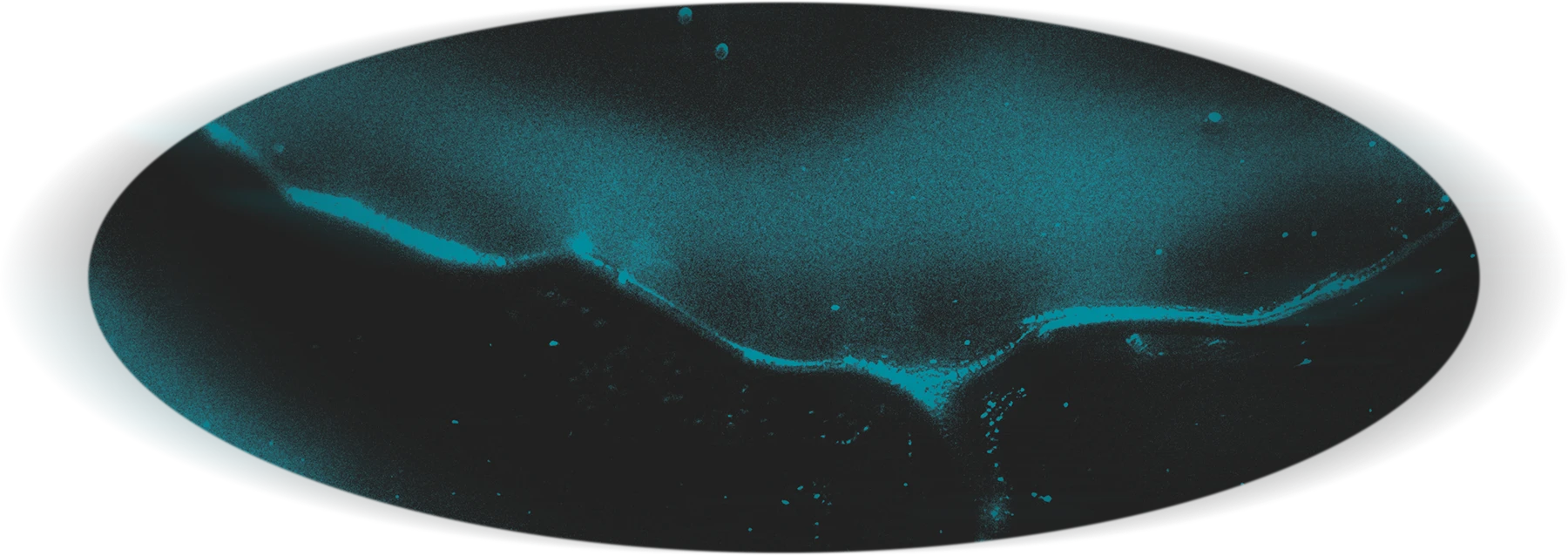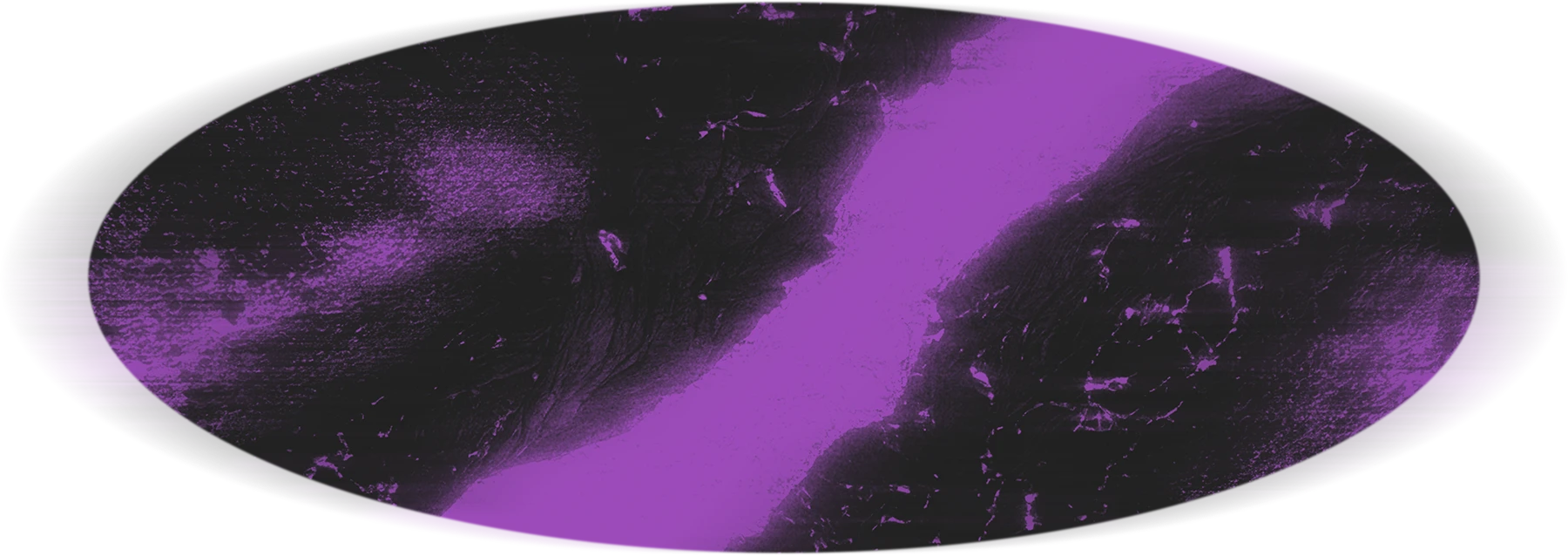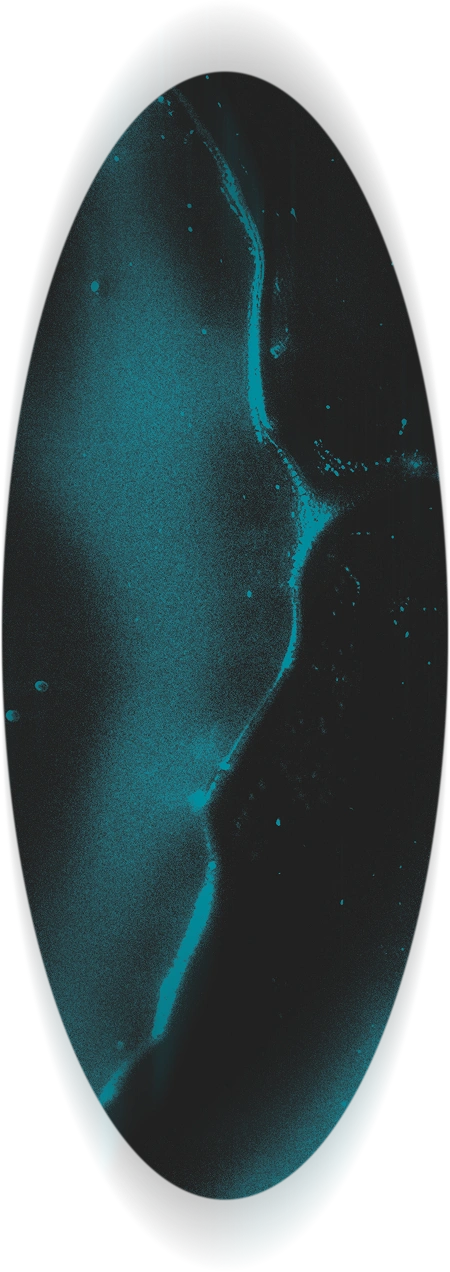Impact
Implementing sustainability into the core of our festival is a mission we are fervently pursuing.
With Extrema Impact, we aim to apply sustainability broadly, rooted in the United Nations' sustainable development goals (SDGs). These goals have been translated into achievable Sustainable Event Actions for both short and long terms.
Sustainability is crucial in today's world. We not only observe the reality of climate change but also face increasing challenges in terms of equality, peace, and growth opportunities. Extrema Impact strives to contribute to improvements in all these areas, with your support.
How can you help?
Be respectful of our event's location in a beautiful but fragile nature reserve. Dispose of your waste in designated areas and avoid damaging anything. Together, we make an impact!
Your mode of transportation to the festival matters. Consider using public transport, our carpool tool, or biking if you're nearby. Still need a ride home? Check our website for carpool options.
Join our Impact community. Together, let's explore ways to make our festival more sustainable. Interested? Email us at impact@extrema.be.
Help optimize our hard-cup system. Return your empty cup to the bar or recycle points instead of tossing it on the ground. Together, we keep the festival clean.
Be kind and show respect to each other. At Extrema, we do not accept any form of aggression, discrimination, or transgressive behavior.
what we're doing to lower our impact

ENERGY
Green Energy
Implemented in 2021
SDG: 7, 13 SDG targets: 7.2, 12.2, 13.2, 13.3
By investing in battery packs the size of shipping containers, we're gradually moving away from petrol-powered generators. Our electricity primarily comes from locally produced wind energy, boosting our green energy output by 10%. We aim to further increase this percentage by optimizing battery usage.
Going Electric!
Implemented in 2023
SDG: 7, 13SDG targets: 7.2, 13.2, 13.3
During setup, showtime, and teardown, we utilize electric gators for transportation. In the next edition, we plan to replace 50% of our diesel fleet with electric gators.
LED Lighting
SDG: 7, 13 SDG targets: 7.2, 13.2, 13.3
We exclusively use LED lights across the site, significantly reducing energy consumption. Additionally, we make efforts to minimize nighttime lighting, though it's a challenging task with thousands of lights.
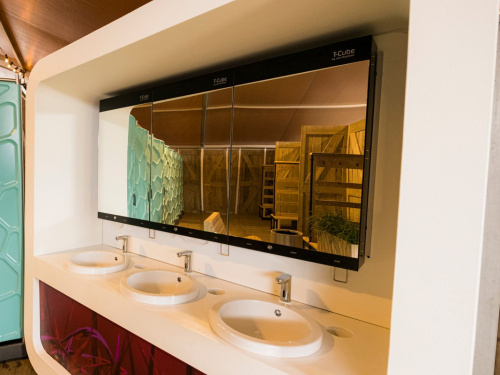
WATER
Vacuum Toilets
Implemented in 2018
SDG: 6, 12 SDG targets: 6.2, 6.3, 6.4, 6.5, 12.2, 12.4
Since adopting vacuum toilets, we've reduced water usage by 90% compared to regular toilets. We also use eco-certified cleaning products.
Tap Water
Implemented in 2011
SDG: 3, 6 SDG targets: 3.5, 6.1
In addition to being eco-friendly, providing tap water ensures attendees stay hydrated and safe. Clean drinking water is available at designated toilet areas.
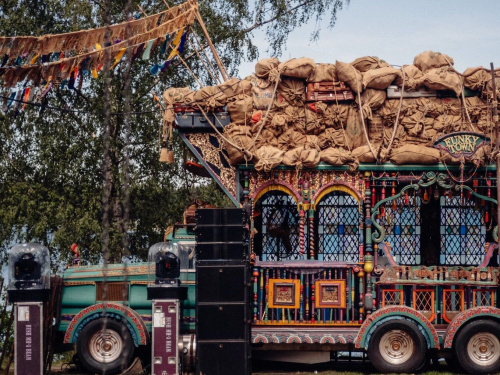
TRANSPORT
Promoting Biking
SDG 13 SDG Target 13.3
By encouraging biking to events, we reduce the environmental impact of attendees' travel. As a token of appreciation, free tickets are awarded annually to select cyclists.
Supporting Public Transport
SDG 13 SDG Targets 11.2, 13.3
Investments in public transport include shuttle buses and central pick-up points from major cities to make eco-friendly travel convenient for attendees.
Introducing Carpooling
Implemented in 2024
SDG 13 SDG Targets 11.2, 13.3
A carpooling tool launched in 2024 enables ride-sharing among attendees, lowering emissions while building community spirit. See our Slinger tool to join.
Reducing Artist Transportation
SDG 13 SDG Targets 11.2, 13.3
Focus on local talents, train travel, and electric vehicles minimizes artist travel emissions. Accommodations near the venue further reduce transportation needs.
Local Supplier Collaboration
SDG 8, 13, Targets 8.1, 8.2, 8.3, 11.2, 13.3
Partnering with local suppliers reduces transportation emissions and supports the regional economy. Festival-goers are encouraged to enjoy local food stands.
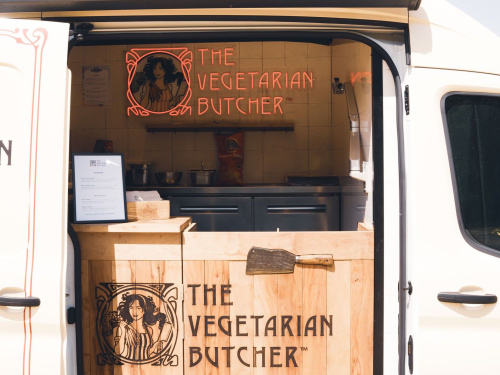
FOOD
Offering Sustainable Choices
SDG: 2, 12, 13 SDG targets: 2.3, 2.4, 9.2, 12.3, 13.3
Each food stand offers at least one vegetarian or vegan option, promoting sustainable food choices. We prioritize working with local and small suppliers who source their produce sustainably. Look for the good choice sticker to find your healthy food spot.
Prioritizing Crew Health
Introduced in 2024
SDG: 2, 12, 13 SDG targets: 2.3, 2.4, 9.2, 12.3, 13.3
All fruits and vegetables served to our crew are organic, sourced from a local farm. Additionally, 50% of our crew catering is vegetarian, promoting healthy and sustainable eating habits.
Portion Optimization
Introduced in 2024
SDG: 2, 12, 13 SDG targets: 2.3, 2.4, 9.2, 12.3, 13.3
Offering various portion sizes reduces food waste, allowing attendees to choose according to their appetite and minimizing leftovers.
Reduced Price Offers
Introduced in 2024 SDG: 2, 12, 13
SDG targets: 2.3, 2.4, 9.2, 12.3, 13.3
Some food stands offer unsold food items at reduced prices at the end of the day, aiming to minimize food waste and provide affordable options for attendees.
Waste Utilization
Introduced in 2025
SDG: 2, 12, 13 SDG targets: 2.3, 2.4, 9.2, 12.3, 13.3
Any leftover food is composted, contributing to local farming efforts and minimizing waste.
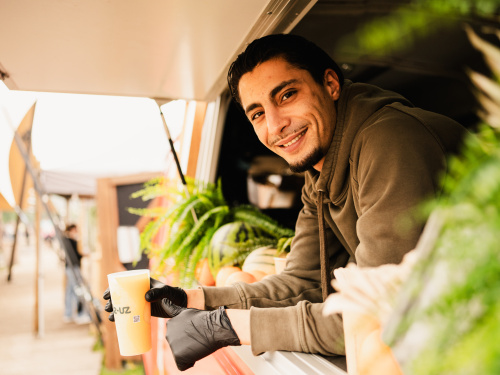
WASTE MANAGEMENT
Waste Sorting
SDG: 12
SDG targets: 12.5, 12.6, 13.2
We collaborate with OVAM to ensure proper waste sorting, with multiple waste streams and continuous monitoring to maximize recycling efforts.
Hard-Cup System
Introduced in 2024
SDG: 12 SDG targets: 12.5, 12.6, 13.2
Our hard-cup system reduces plastic waste, promoting cleanliness and sustainability. Attendees are encouraged to return cups, cans, or bottles to recycle stations for refunds.
Reusing Camping Materials
Introduced in 2024
SDG: 1, 10, 12 SDG targets: 1.5, 10.7, 12.5, 12.6, 13.2
We encourage camping guests to take their used items home to minimize waste. Each year hundreds of tents, mattresses and other camping materials are left behind. These usable materials are collected by volunteers and repurposed for refugee camps in Normandy.
Eliminating Synthetic Waste
Implemented in 2022
SDG: 12 SDG targets: 12.4, 12.5, 12.6, 13.2
We know how to create memorable experiences and we do not need synthetic confetti or big fireworks to do so. Avoiding these prevent plastic pollution and ensure the safety of our wildlife.
Reusable Stages and Decoration Established in 2011
SDG: 12 SDG targets: 12.4, 12.5, 12.6, 13.2
Our stages and decorations are designed for reusability, minimizing waste and promoting sustainability across multiple events. For example, from our flags we make tote bags that are handed out to our Resort guests.
Environmental Cleanup Efforts Established in 2011
SDG: 12 SDG targets: 12.4, 12.5, 12.6, 13.2
Regular cleanup initiatives involving local volunteers ensure the cleanliness of the surrounding forest and lake, preserving the local ecosystem.
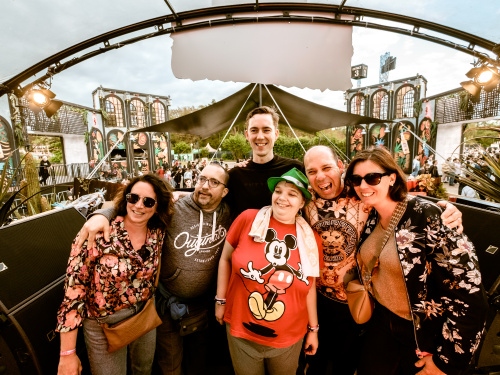
SOCIAL INITIATIVES
Extrema Special
Established in 2017
SDG: 10 SDG targets: 10.2
We offer a free festival day on Thursday for individuals with physical or mental challenges, promoting inclusivity and positive social impact.
We Care a Lot
Collaboration Initiative since 2022
SDG: 3, 4, 5SDG targets: 3.5, 3.6, 4.7, 5.1, 5.4
We participate in "We Care a Lot," a collaborative effort among six major festivals in Belgium, focusing on social well-being and providing a space where people can talk about any subject. We have multiple psychologists, invest massively in our first aid, have a permanent emergency number and we educate on alcohol, drugs, sex and more. We want to be a place where everyone can be their true self.
